关于询价
英国新冠疫情调查
- 了解英国在新冠肺炎疫情期间发生了什么
- 学习如何为未来的流行病做好准备
调查分为几个模块。
每个模块都涉及不同的主题。每个模块都有:
- 公开听证会——人们谈论他们的经历的活动
- 一份报告
每个故事都很重要
每个故事都很重要 是调查收集人们对疫情的经历的方式。
英国的任何人都可以与我们分享他们的故事。这些故事将用于调查。我们不使用当事人的姓名。
故事帮助我们了解发生的事情,然后决定将来如何做不同的事情。
当你阅读和分享这些故事时,你可能会感到难过。以下是获取支持信息的链接: https://covid19.public-inquiry.uk/support–在参与调查的同时/
记录
疫苗
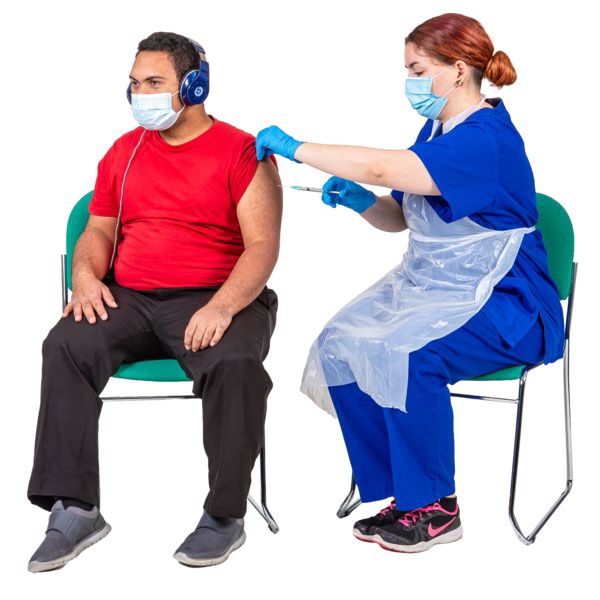
新冠肺炎 疫苗 通过注射的方式给人们注射。
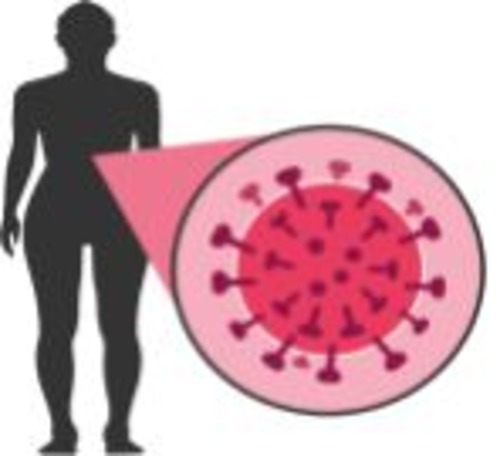
A 疫苗 教会你的身体识别和对抗病毒。
疗法
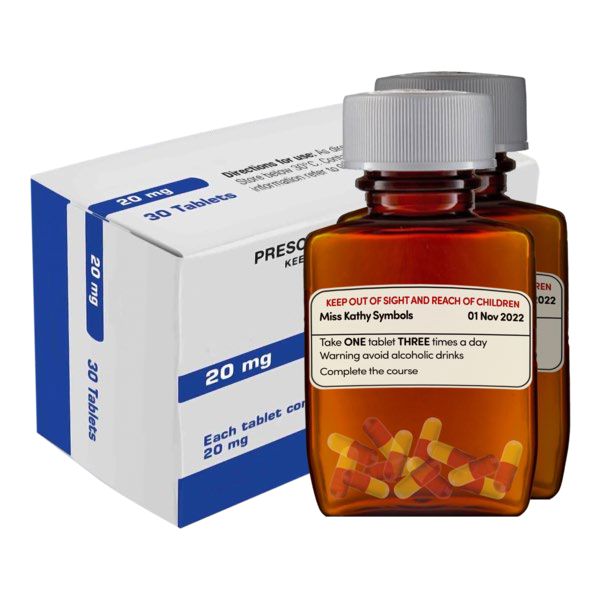
疗法 帮助人们更快地从新冠病毒中恢复。
示例 疗法 包括药物和抗体。

并不是每个人都可以接种。只有那些可能病情严重的人才能接种 拥有它们。
疫苗

获取有关疫苗的信息
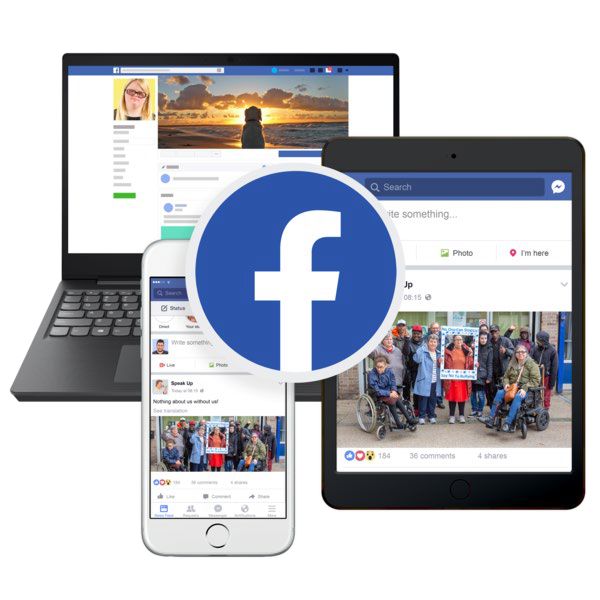
许多人通过新闻和社交媒体听说了疫苗。

一些人感到松了一口气。
这让他们相信生活很快就会恢复正常。

其他人认为疫苗研发得太快了。
他们担心疫苗可能不安全。

大多数人都了解谁可以接种疫苗、何时接种疫苗的信息。

有些人对疫苗的安全性和有效性的信息感到困惑。

很难获得易于理解的信息。例如,大号字体或不同语言的信息。

对孕妇和新妈妈的建议发生了变化。这让人们感到担忧。
有些人不相信政府发布的疫苗信息,他们从其他地方寻找信息。
有些人因信息量太大而感到不知所措。

许多人不相信社交媒体上的内容。他们看到一些人对疫苗产生不良反应的故事。
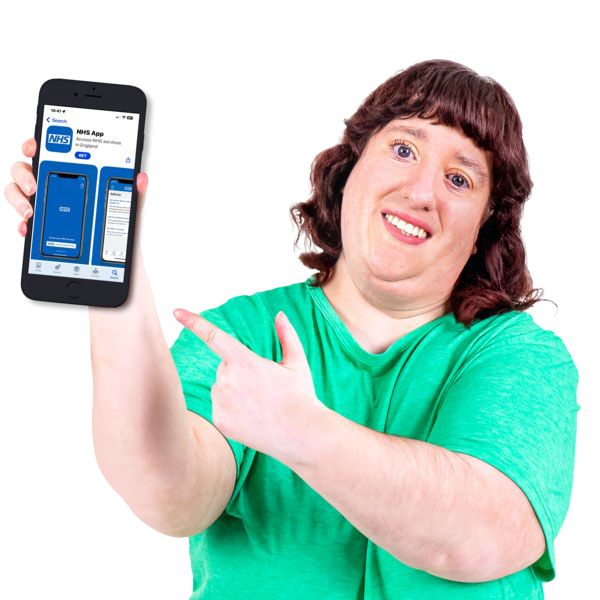
有些人表示社交媒体上的信息很有用,可以帮助他们做出决定。
从其他人处获取信息
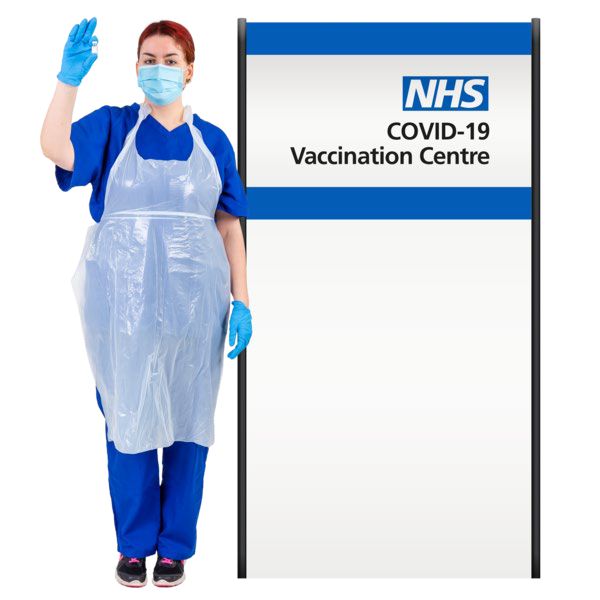
人们从以下途径获取了有用的信息:
- 医护人员,如医生和助产士
- 疫苗中心

- 支持团体
- 信仰团体
- 朋友和家人
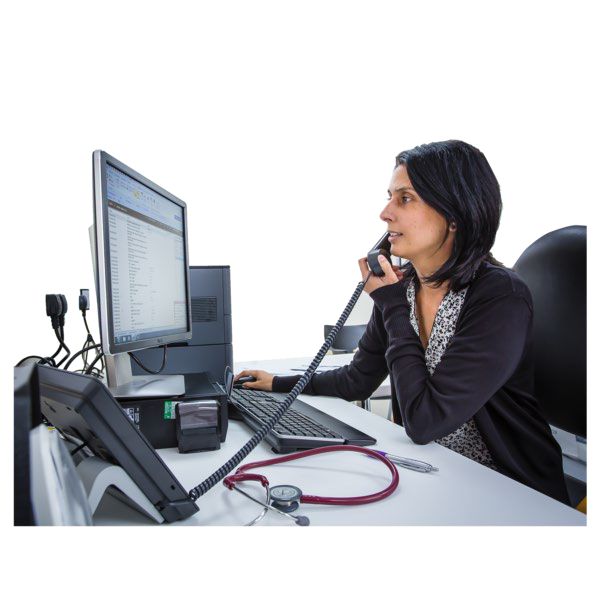
有些人希望从他们的全科医生那里获得更多信息。
有些人告诉我们,他们的家人曾试图说服他们接种或不接种疫苗。
决定接种疫苗的人告诉我们:
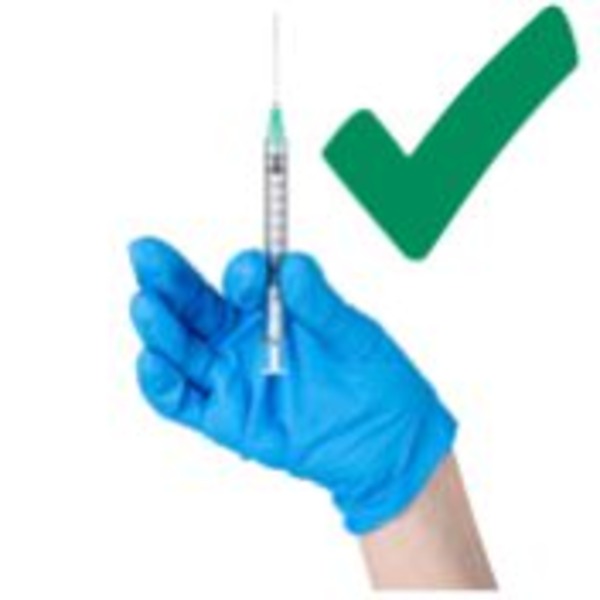
- 他们认为自己会接受,所以感觉不像是一个决定
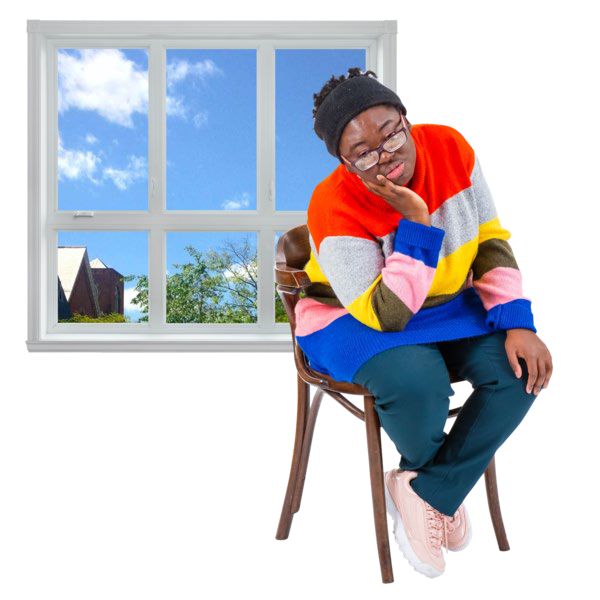
- 这给了他们结束封锁的希望

- 他们想保护自己免受严重疾病的侵害
- 他们信任科学家、医生和政治家
- 由于社会压力,有些人觉得他们必须接种疫苗
人们决定不接种疫苗或不确定的原因:
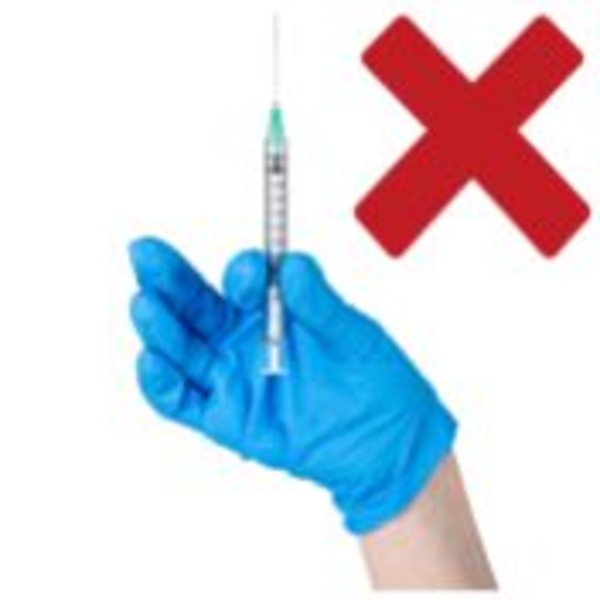
- 担心疫苗是否安全
- 关于疫苗未来影响的信息不足
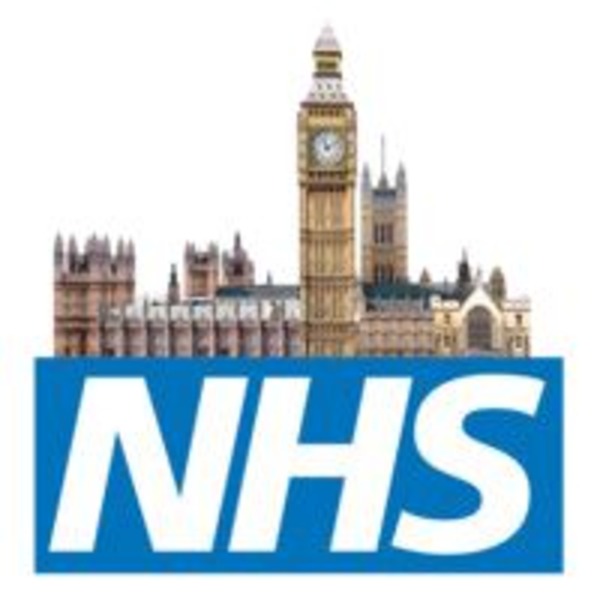
- 如果人们在疫情之前经历过种族歧视和歧视,他们就不会相信政府或 NHS 的信息

- 他们觉得自己不需要接种疫苗,因为他们没有患上严重疾病的风险
向人们提供疫苗
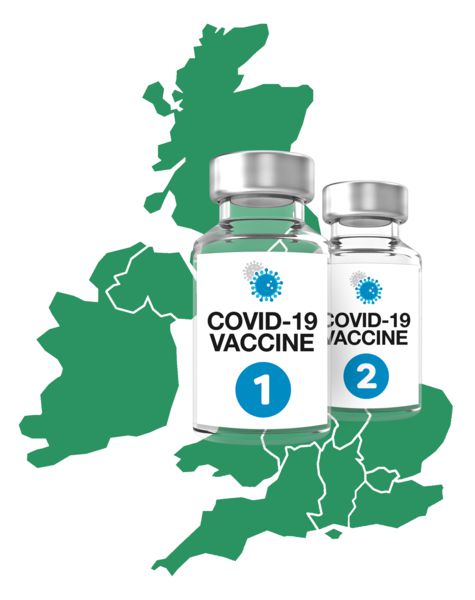
最需要疫苗的人会首先接种。人们告诉我们,他们认为这是公平的。
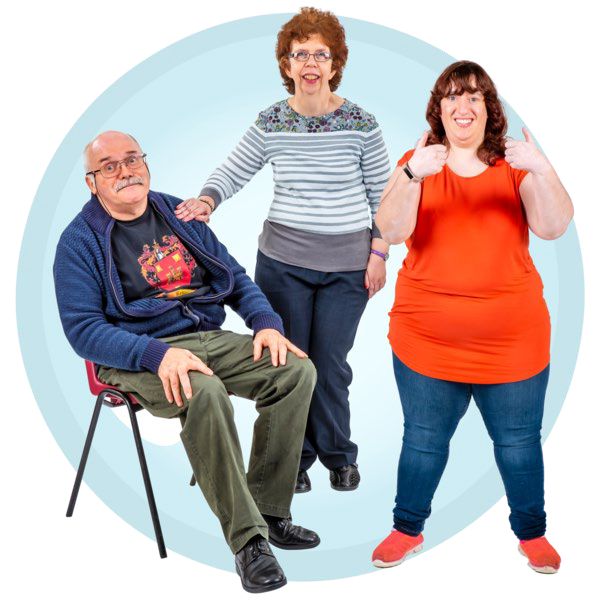
一些人认为某些人群应该更快地接种疫苗。
例如,与患重病风险的人一起生活的人。
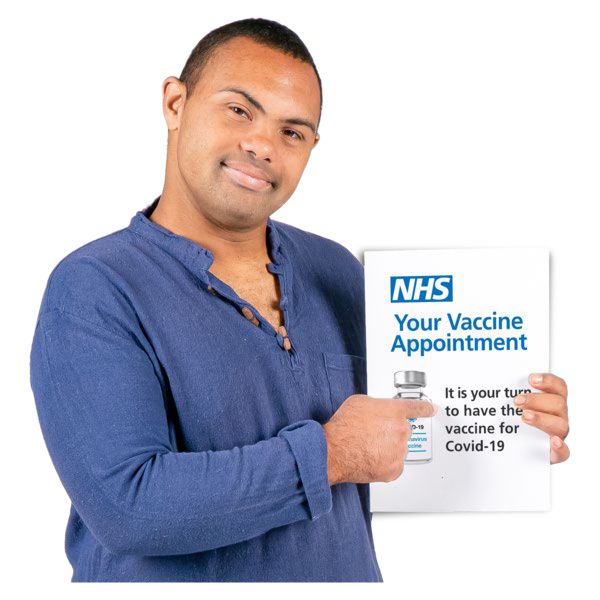
预订系统很好。
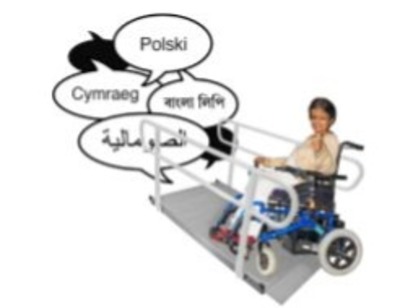
它本来可以更容易理解,并包含有关疫苗中心额外帮助的信息。
接种第一剂疫苗后

许多人对生活恢复正常感到兴奋或充满希望。
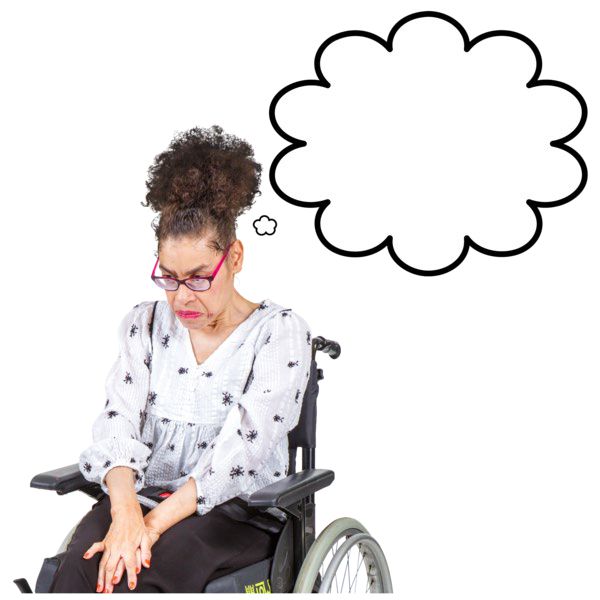
有些人感到后悔或害怕。这通常是因为他们觉得自己被迫接种疫苗。
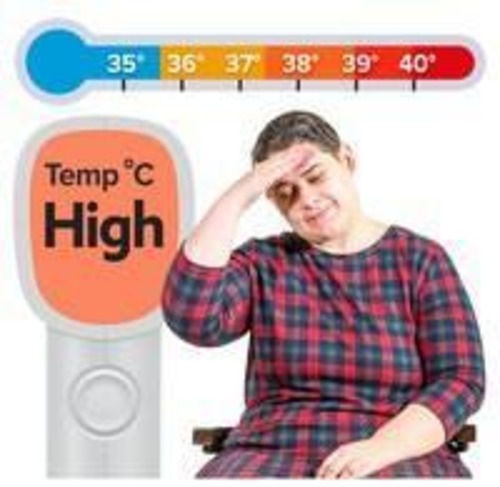
有些人感觉到了副作用,例如手臂酸痛、疼痛和发烧。
有些人出现了非常严重的副作用,需要去医院。有些人感到沮丧、愤怒和被忽视。
疗法

最有可能因感染 Covid-19 而病情严重的人接受了治疗。

人们听说过疗法 来自 NHS、首席医疗官和支持团体。
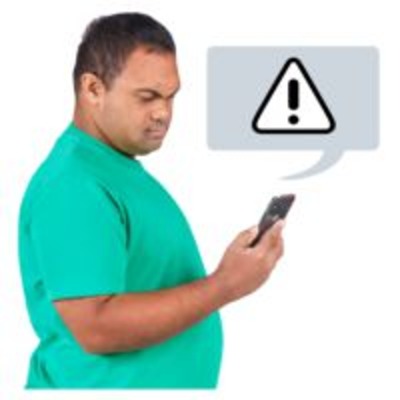
一些人已通过 Test and Trace 联系上。
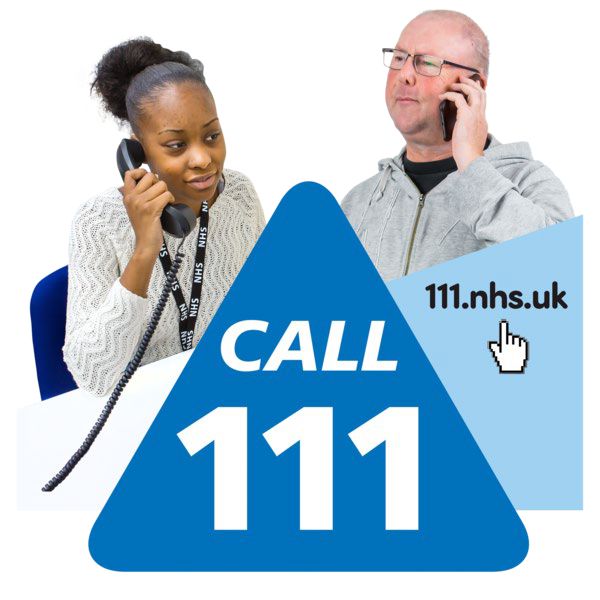
有些人联系了NHS 111。
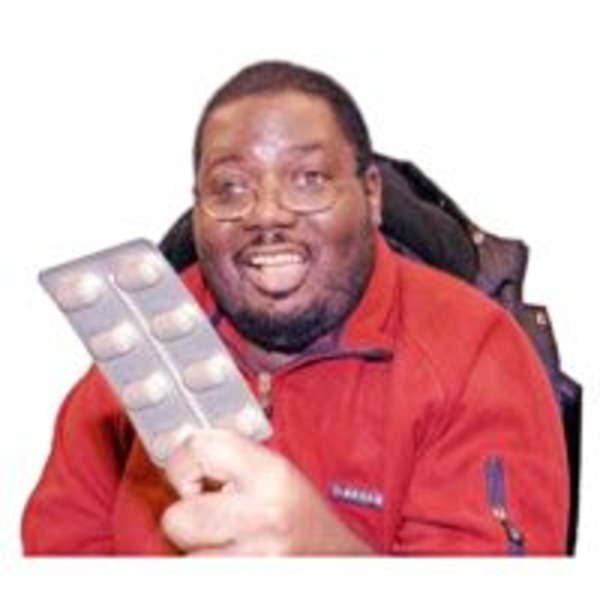
治疗方法常常能够帮助人们减轻不适。
有些人对如何获得这些证书以及谁可以拥有这些证书感到困惑。不同地方的信息不同。
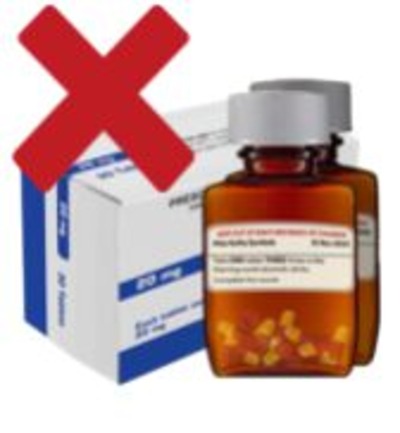
有些人表示自己没有得到治疗,但类似情况的人却得到了治疗。这让他们感到沮丧和愤怒。
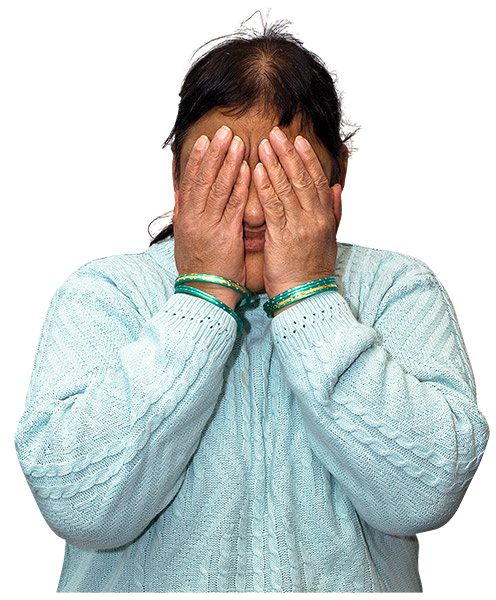
未接受治疗的人对可能发生的后果感到恐惧。


